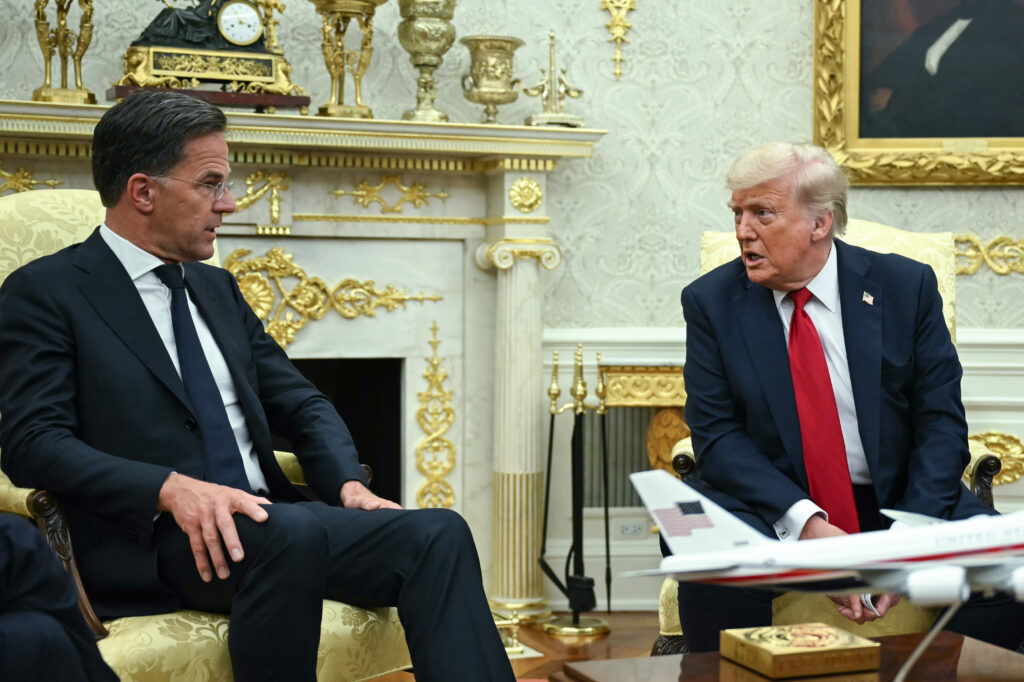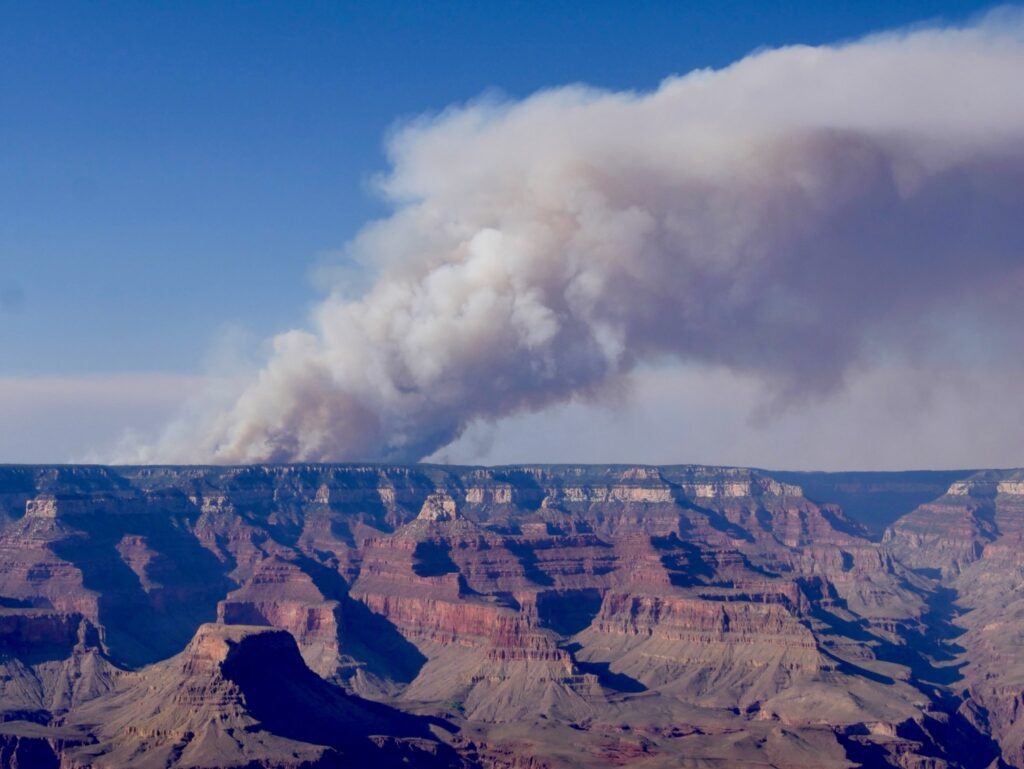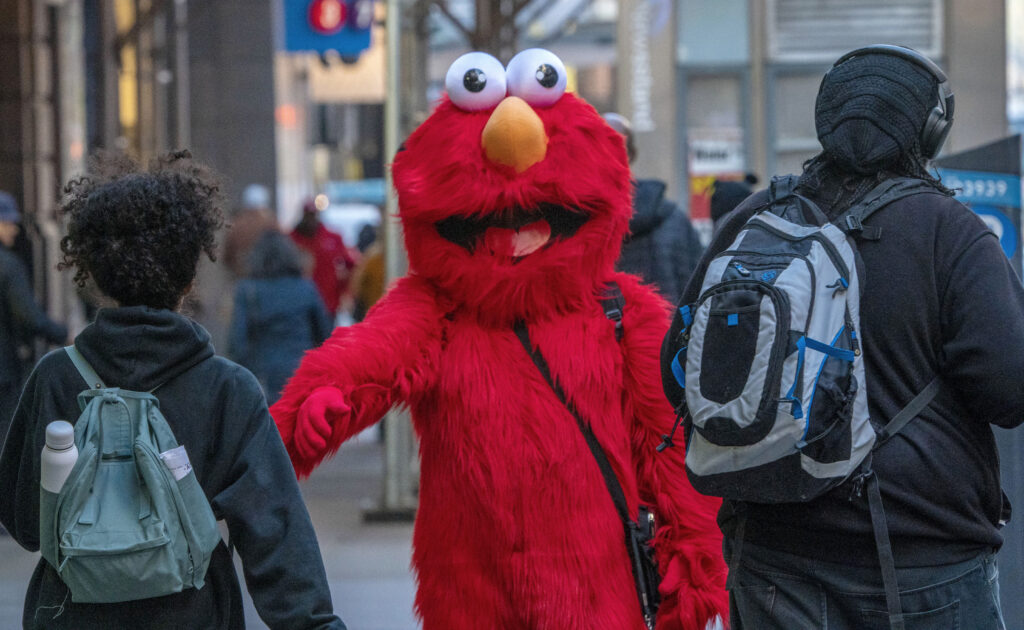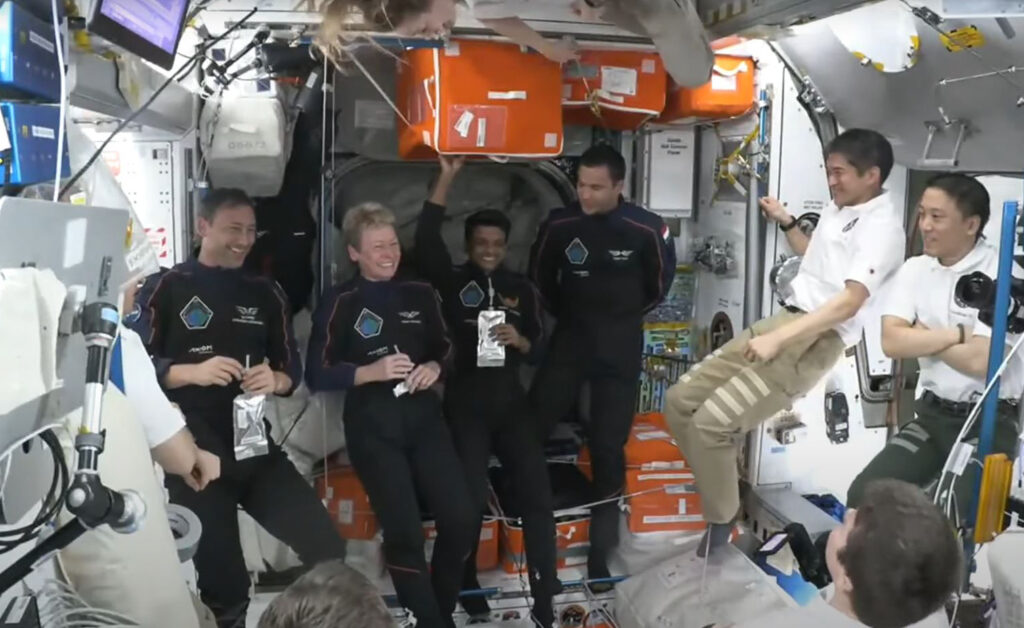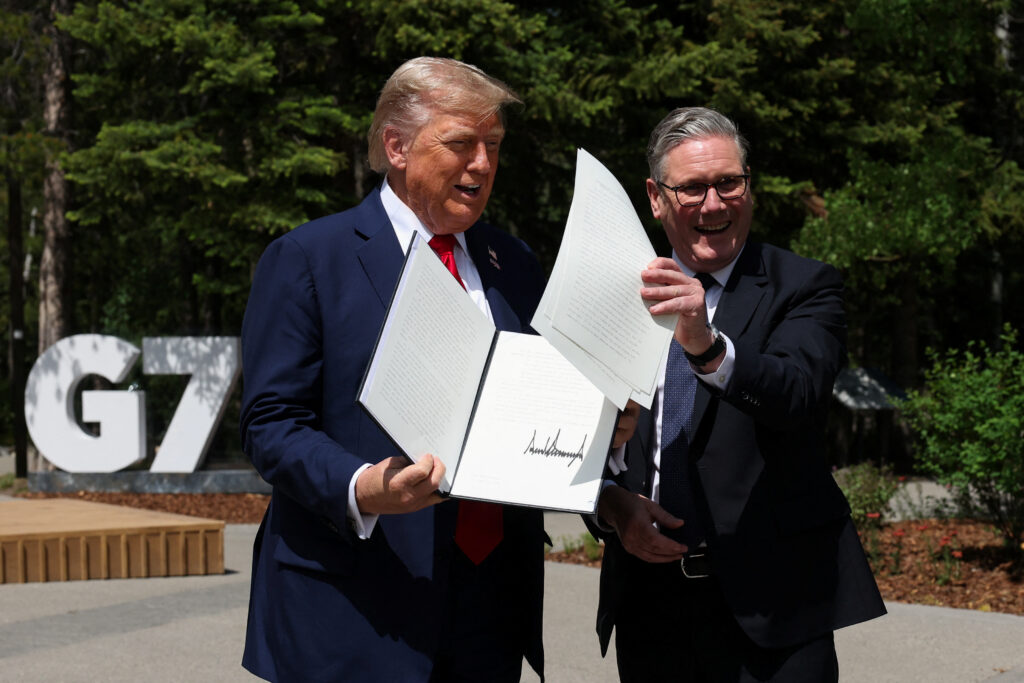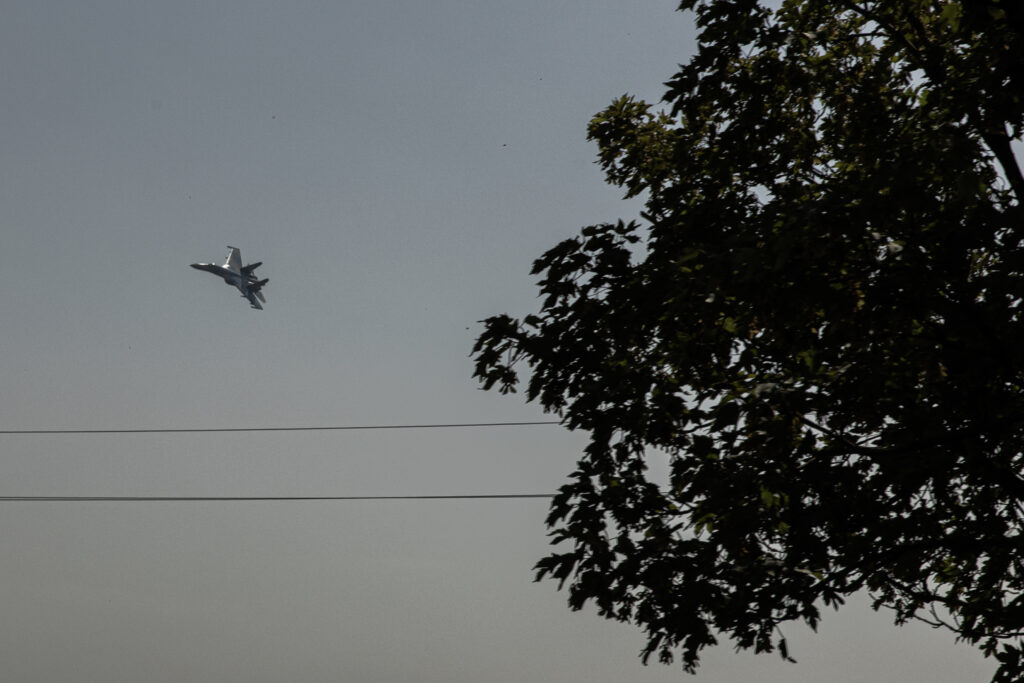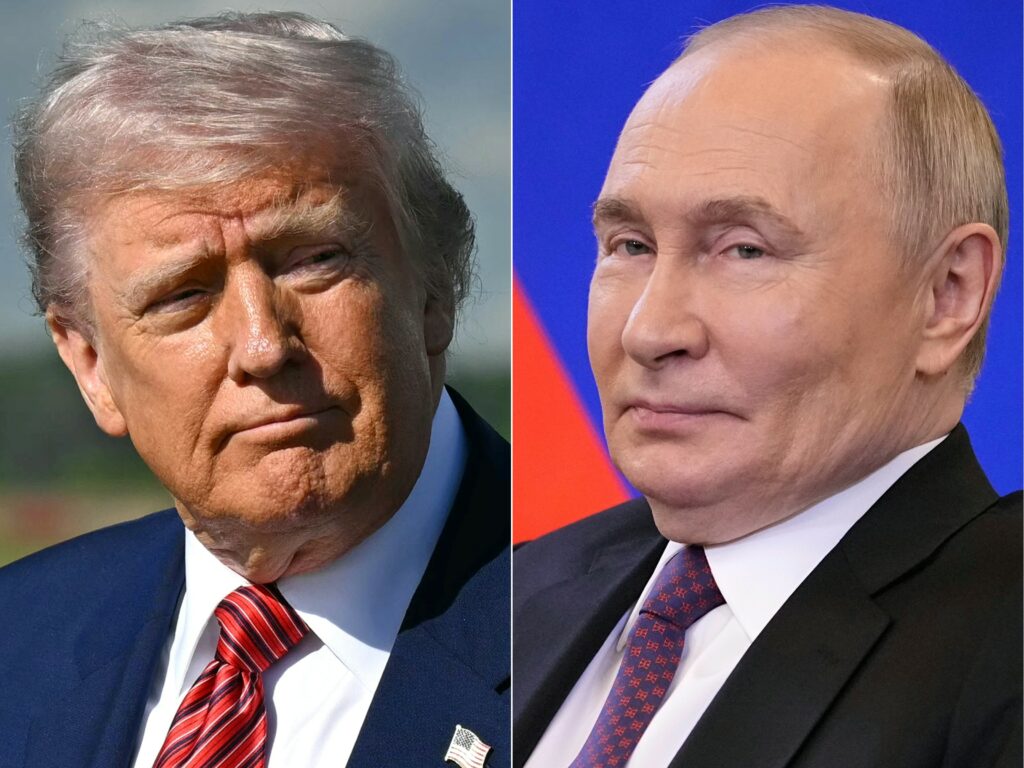Trump gives Russia 50 days to make Ukraine deal
US President Donald Trump told Russia on Monday to end its Ukraine war within 50 days or face massive new economic sanctions as he laid out plans for new infusions of weaponry for Kyiv via NATO.Trump said he was “very, very unhappy” with Vladimir Putin, underlining his insistence that his patience had finally snapped with the Russian leader’s refusal to end his three-year-old invasion of Ukraine.”We’re going to be doing very severe tariffs if we don’t have a deal in 50 days, tariffs at about 100 percent,” Trump said during an Oval Office meeting with NATO Secretary General Mark Rutte.The Republican added that they would be “secondary tariffs” that target Russia’s remaining trade partners — seeking to cripple Moscow’s ability to survive already sweeping Western sanctions.Trump and Rutte also unveiled a deal under which the NATO military alliance would buy billions of dollars of arms from the United States — including Patriot anti-missile batteries — and then send them to Ukraine.”This is really big,” said Rutte, as he touted a deal aimed at easing Trump’s long-held complaints that the US is paying more than European and NATO allies to aid Ukraine.Germany, Canada, Denmark, Finland, the Netherlands, Norway, Sweden and Britain were among the buyers helping Ukraine, added the NATO chief.”If I was Vladimir Putin today and heard you speaking… I would reconsider that I should take negotiations about Ukraine more seriously,” said Rutte.Ukrainian President Volodymyr Zelensky announced he had spoken with Trump and was “grateful” for the arms deal.- ‘Very long time’ -German Chancellor Friedrich Merz said Berlin would play a “decisive role” in the new weapons plan.But EU foreign policy chief Kaja Kallas said Trump’s sanctions deadline was too far into the future. “Fifty days is a very long time if we see that they are killing innocent civilians every day,” she said.Trump attempted a rapprochement with Putin shortly after starting his second term, in a bid to honor his election campaign pledge to end the Ukraine war within 24 hours.His pivot towards Putin sparked fears in Kyiv that he was about to sell out Ukraine, especially after Trump and his team berated Zelensky in the Oval Office on February 28.But in recent weeks Trump has shown increasing frustration with Putin as the Russian leader, instead of halting his invasion, stepped up missile and drone attacks to record levels.Washington has also U-turned from an announcement earlier this month that it would pause some arms deliveries to Kyiv.Trump said his wife Melania had helped changed his thinking about Putin, a man for whom he formerly expressed admiration.”I go home, I tell the First Lady, ‘you know, I spoke to Vladimir today, we had a wonderful conversation.’,” Trump said. “And she said, ‘Oh really? Another city was just hit.'”He added of Putin: “I don’t want to say he’s an assassin, but he’s a tough guy.”- ‘Better late than never’ -US Republican Senator Lindsey Graham and Democratic Senator Richard Blumenthal, who are pushing a bipartisan bill on Russia secondary sanctions, praised Trump’s “powerful” move.”The ultimate hammer to bring about the end of this war will be tariffs against countries, like China, India and Brazil, that prop up Putin’s war machine,” they said in a statement.Trump’s special envoy Keith Kellogg arrived in Kyiv on Monday for what Zelensky called a “productive meeting.”One Ukrainian soldier deployed in the war-scarred east of the country, who identified himself by his call sign Grizzly, welcomed Trump’s promise of fresh air defense systems. “Better late than never,” the 29-year-old told AFP.Russian forces meanwhile said on Monday they had captured new territory in eastern Ukraine with the seizure of one village in the Donetsk region and another in the Zaporizhzhia region.Its forces also killed at least three civilians in the eastern Kharkiv and Sumy regions on Monday, Ukrainian officials said.In Kyiv, Zelensky also proposed a major political shake-up, recommending economy minister Yulia Svyrydenko take over new prime minister, and appointing current premier Prime Minister Denys Shmygal as defense minister.burs-dk/sms
